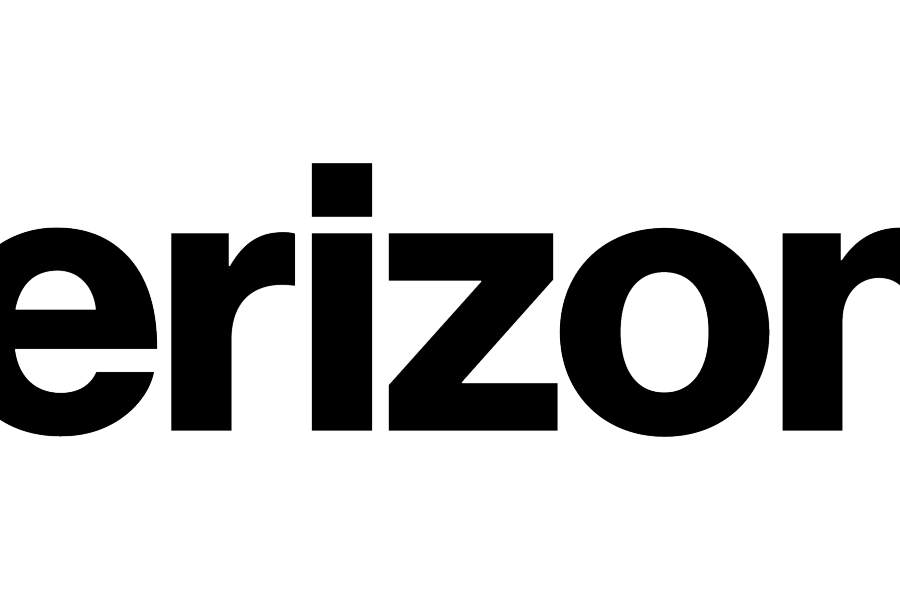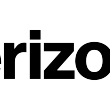Verizon optimistic about position in the public-safety marketplace, company exec says
Verizon’s public-safety and public-sector business continues to grow, despite increased competition in the marketplace for government users from providers like FirstNet, built by AT&T, according to a Verizon executive.
Mike Maiorana, senior vice president for Verizon’s public-sector unit, expressed optimism about the outlook for Verizon’s public-safety business, both in terms of present-day contracts and a long-term future that is being developed in Verizon’s labs and early 5G deployments.
“Our corporate strategy for this segment can really be summed up in two words: trust and innovation,” Maiorana said during an interview with IWCE’s Urgent Communications at the APCO 2019 event in Baltimore. “This customer segment has trusted us for decades to deliver to them best-in-class products, services and support people.
“Now, they’re counting on us to continue to innovate, to elevate ultimately their business outcome of supporting their workforce, so they can better support their communities with solutions and services, which is why we’re so excited about the 5G labs and the demos.”
Verizon this year completed a company reorganization that placed the carrier’s public-safety broadband business within the new public-sector unit, and the results from the most recent quarter—Verizon’s first reporting under the new structure—were encouraging, according to Maiorana.
“Our company just announced second-quarter earnings and indicated that our public-sector business was growing,” he said. “Our subscribers are up, our revenues are up, and we continue to earn our customers’ business all across the country—federal, state and local public safety.”
Maiorana pointed to contracts with the U.S. Navy, a department within the state of California and a recent Massachusetts contract announcement as examples.
“Most of these contracts are multiple-award, government-wide contracts that are multiple awarded,” Maiorana said. “We then leverage those contracts to defend and grow our business. We do have extremely high market share in the Commonwealth of Massachusetts … I would never commit to all, but it’s pretty close to all. This is a great indication that they want to keep it that way.
“Why? Our network is better. Our coverage reliability and sustainability is better, and our relationships are better. We’ve been on the ground in every county and municipality in the Commonwealth of Massachusetts for decades, and that customer trusts us.”
Verizon continues to bolster its 4G LTE and LTE Advanced connectivity, and the carrier has begun deploying millimeter-wave 5G networks—systems that have been shown to deliver throughput speeds in excess of 1 GB/s—in nine markets, including Washington, D.C., Maiorana said.
“It’s not just resting on our laurels of having better 4G LTE coverage, but having differentiated, ultrawideband 5G to really elevate the capabilities of the services,” Maiorana said. “And the 4G LTE Advanced, with carrier aggregation and all of the small cells that we’re putting out, that keeps getting better, too. So, it’s not like we’re stopping on 4G, and we’re only going to do 5G. It’s raising the bar for both to ultimately give our customers a better experience.
“We’re handing out device demos to our government customers, so they can experience 5G on both the smartphone devices, as well as the hotspot devices. We really see 5G elevating different use cases in government. Just think about continuity of operations, for their enterprise network and certainly emergency response, for different applications like telemedicine, surveillance and command and control.”
Verizon plans to offer millimeter-wave 5G service in 30 markets by the end of the year, Maiorana said.
In addition to providing connectivity, Verizon is working with industry partners and “a suite of application partners” to develop solutions designed that are designed to serve the public-safety community, Maiorana said, noting the carrier’s partnership with body-camera manufacturer Axon as an example.
Verizon will offer mission-critical-push-to-talk (MCPTT) service in the future, Maiorana said, although he did not share any details about the initiative.
“Mission-critical push to talk is on our roadmap,” he said. “We recognize that it’s important to this segment, and we’re committed to enabling it.”
One of the benefits of FirstNet cited most by its public-safety customers is that FirstNet deployable units are available to an agency at no additional costs. Maiorana said that “deployables are not new,” noting that Verizon has been using them to support public safety for years.
“If a government agency wants to control and have in their fleet of assets a deployable, we will sell or lease them one,” Maiorana said. “But the typical model is Verizon provides them to government agencies in times of need, and we don’t charge them anything extra.”
While other providers recently have focused on serving public safety, Verizon has been serving the first-responder community for decades, according to Maiorana.
“We believe that AT&T, in particular, using the FirstNet umbrella, is certainly putting significantly more attention on this segment than they ever have in the past,” he said. “This has been an important segment to Verizon for decades.
“This is a segment that’s always been important to Verizon, and we’ve got a long-standing history of more than three decades of work in this segment. It’s a privilege to serve this customer, because we know how valuable communications capabilities are during a time of crisis, as well as day-to-day operation.”
Verizon has long believed that working with the first-responder sector has both societal and business value, Maiorana said.
“There’s a lot of marketing here, a lot of logos, different companies showing up, which is great—we believe competition makes everybody better, elevates what you deliver to the customer, and the market votes, if you will, with their purchase orders and their contract,” Maiorana said. “It’s very clear that Verizon is still considered a major provider and a critical solutions provider to this very important customer.
“And that raises the bar across the rest of the business. Because, if we’re able to be a great partner to public safety, our other customers in other segments really appreciate it—it’s the right thing to do for our society, and it’s the right thing to do for our community. But also, if you’re able to deliver solutions to this segment, every other segment probably has less-critical requirements.”
Overall, Maiorana expressed optimism about Verizon’s position in the public-safety market.
“You’ve got customers buying more Verizon. You’ve got states executing contracts with Verizon. You’ve got third-party, best-in-class partners like Axon certifying with Verizon. You’ve got business results that indicate that the segment continues to grow,” Maiorana said. “Things are really good. We’re very confident.
“We have acknowledged the increased competition, but we are playing our game—better coverage, better network reliability, features and functionality like priority and preemption on a world-class commercial network. And we’re still advocating for interoperability at the application and push-to-talk layer. The other guys don’t seem to be interested in that. They just seem to be interested in adding subscribers.”
















